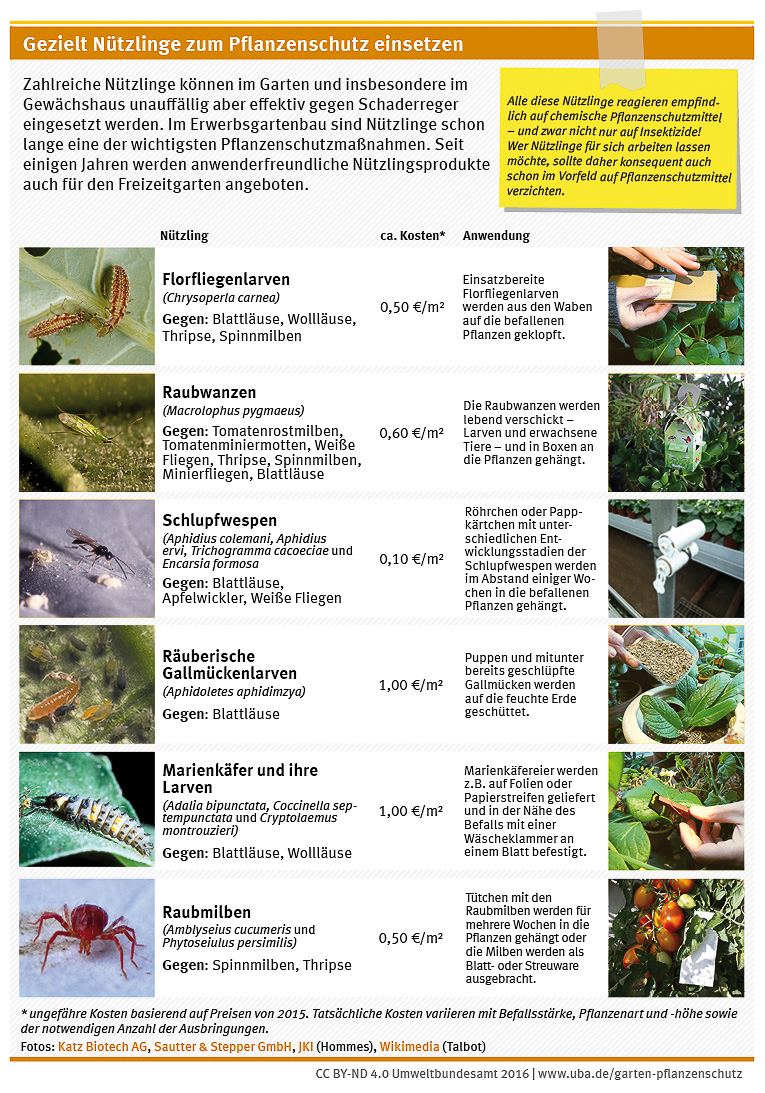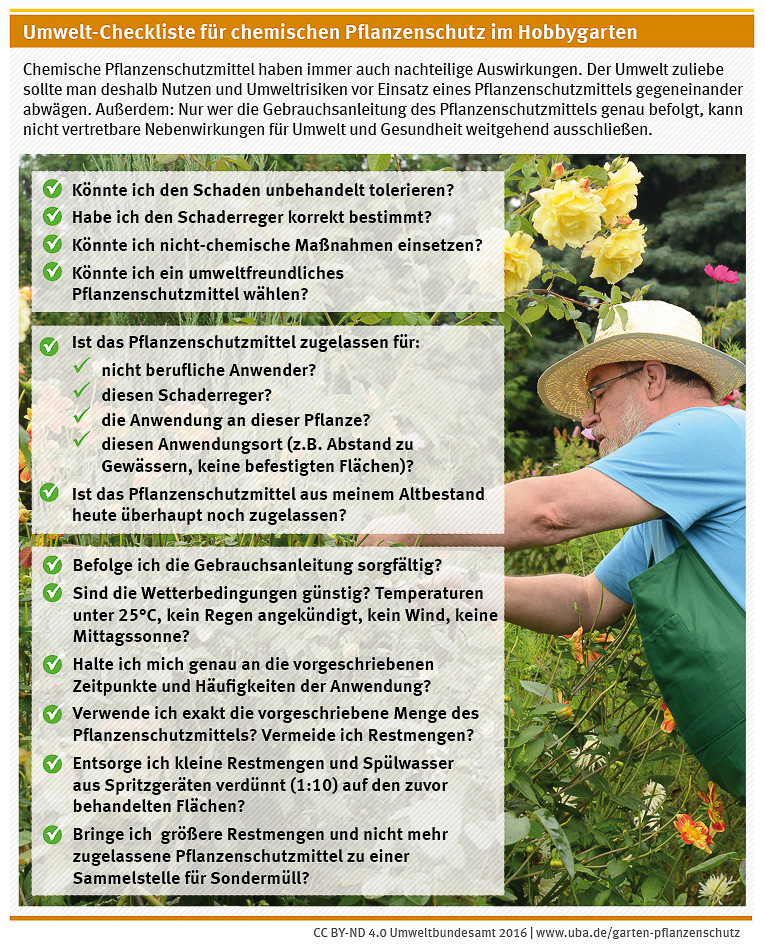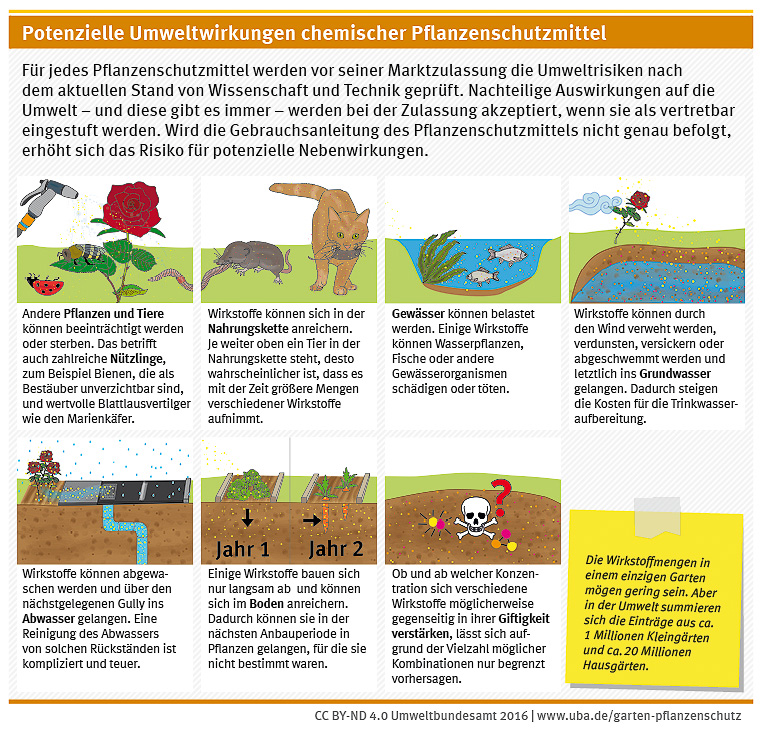Delicately fragranced rose blossoms. Dew drops sparkling on leaves. Buzzing bees, fluttering butterflies and a basket of homegrown fruits and aromatic herbs. Gardening is a sensual experience - a pleasure and a joy. Or, at least, as long as everything goes according to plan. When the roses are infested with vine lice, the tomatoes rot and the dainty white butterfly turns out to be the malicious Pieris brassicae, a relaxing hobby can quickly become a source of stress and a bitter battle against pests and disease. The brochure is available for download.
On the one hand, it's understandable. After all, we become attached to each and every one of our lovingly pampered plants. On the other hand, it is up to each of us to decide whether gardening becomes a source of joy or of frustration. Many plant enthusiasts make relaxation a matter of principle: they choose robust varieties and take preventative measures, thanks to which many problems never even arise. And they simply tolerate damage to a certain extent, knowing that if it were not for the "pests," there would not be any chirping birds, adorable hedgehogs or other beloved members of the garden ecosystem either. Only when worst comes to worst do they resort to using effective - but environmentally-friendly - pesticides. This attitude is easy on both our nerves and the environment, considering that pesticides inflict damage not only on pests, but also on other organisms - as well as, in cases of misuse, on our own health.
At the end of the day, gardening common sense brings us to the realization that in the medium-term many problems go away by themselves. Those pesky vine lice, for one, tend to multiply explosively in the spring, but they hang around only until the lady bugs, flower flies and green lacewings get a bite of them. That’s right: beneficial critters emerge only after the pest explosion, otherwise they would starve. Nature is pretty nifty, huh? Indeed, and that is only one of the many reasons why pesticides should be used with care and why oftentimes the best solution is really just a little patience - it will be worth it.
In this brochure, you will find a summary of many practical tips on how to protect your plants. More comprehensive information about numerous diseases, pests, responsible pesticide use and other plant protection topics can be found online: www.uba.de/garten-pflanzenschutz
The contents of the brochure are illustrated in a series of infographics and photos. The infographics are registered under Creative Commons License CC BY-ND 4.0, which means they may be re-used in unmodified form and with appropriate attribution.
Order brochure:
Online at: https://www.umweltbundesamt.de/publikationen/gartenlust-statt-gartenfrust
or:
Umweltbundesamt
c/o GVP
Postfach 30 03 61 | 53183 Bonn
Service-Telefon: 0340 2103-6688
Service-Fax: 0340 2104-6688
E-Mail: uba@broschuerenversand.de
Internet: www.umweltbundesamt.de









